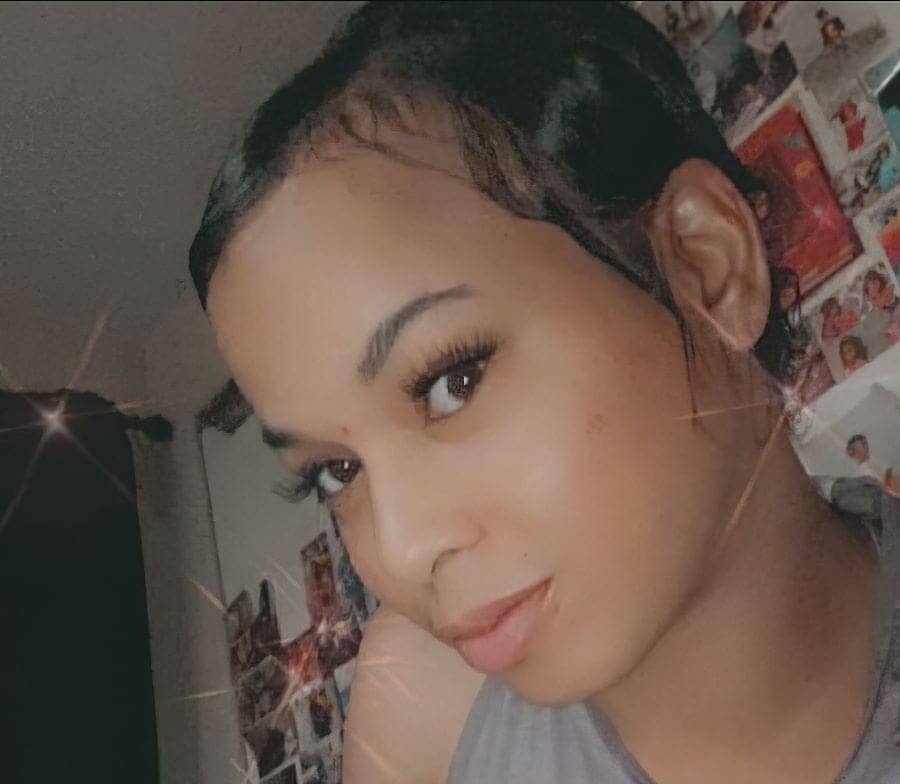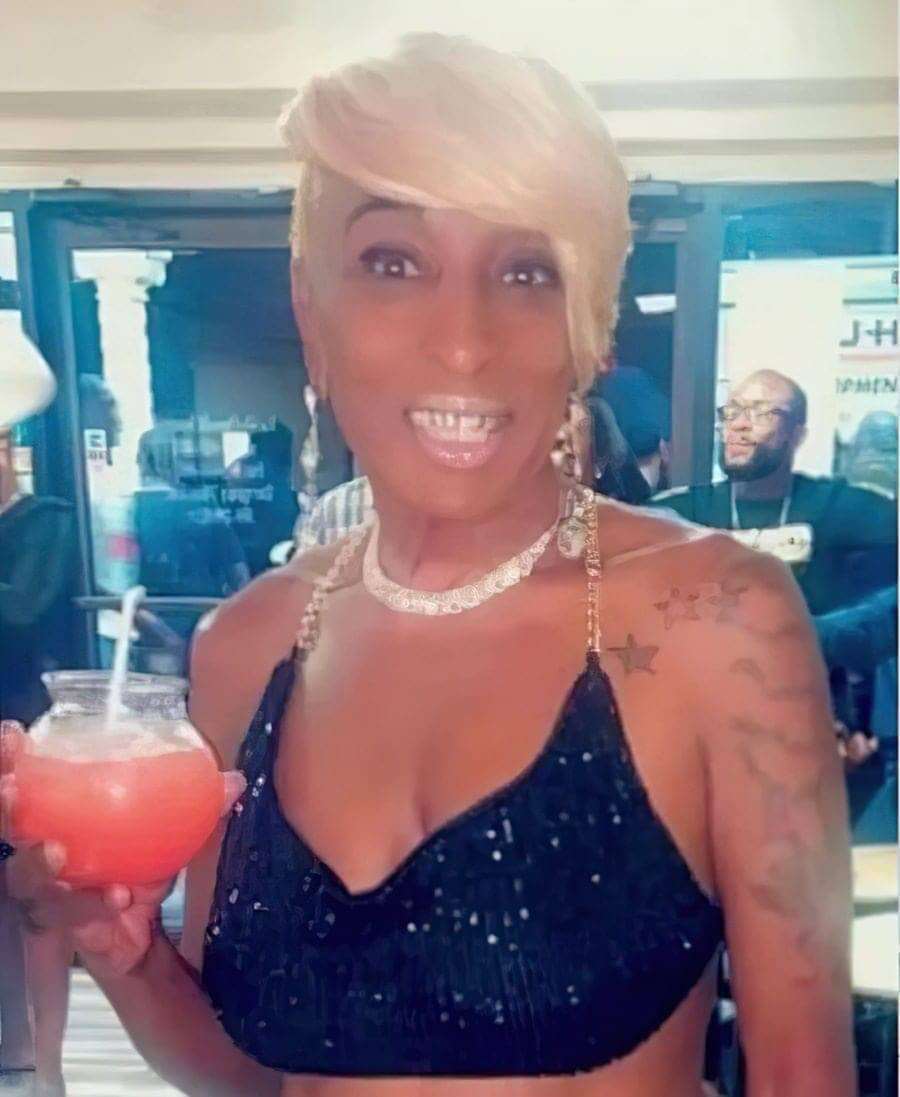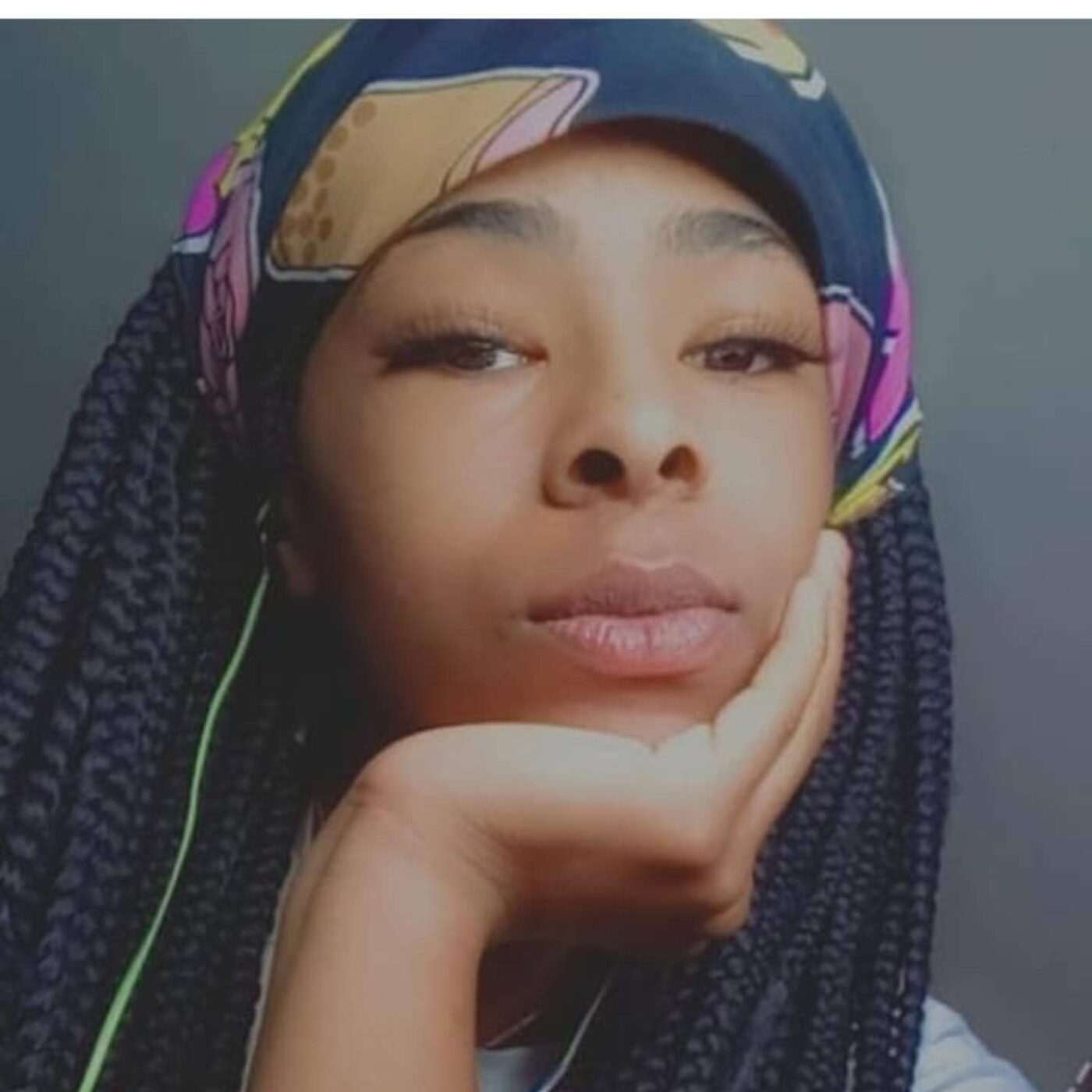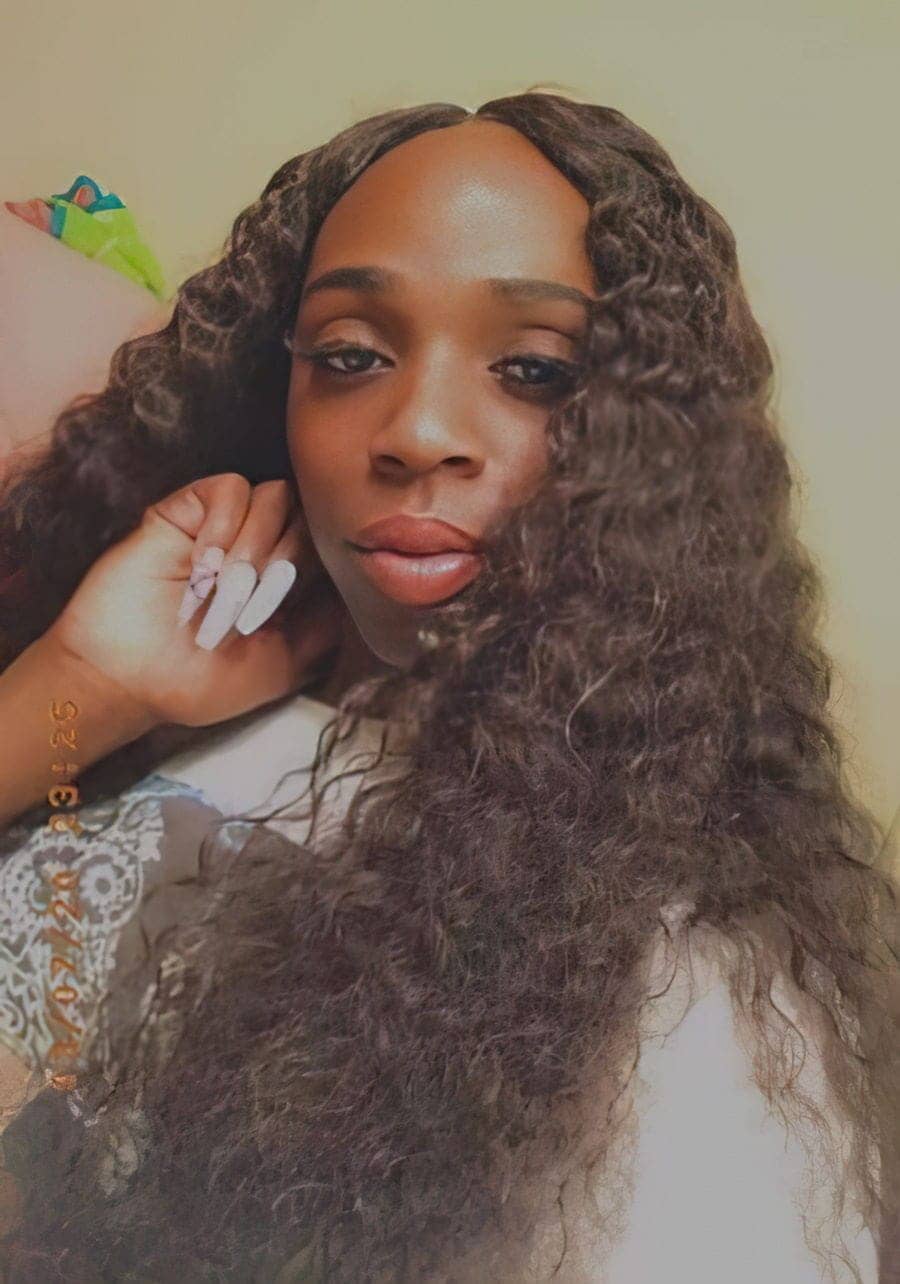
by Sumiko Saulson
Because I’m a Black non-binary person, I process the horrors of Transgender Day of Remembrance both as a member of the transgender community and as a member of the Black community. In 2019, I wrote an article for the San Francisco BayView called “Transmisogynoir: How Black Transwoman Murders Have Reached Epidemic Proportions While America Sleeps.” Early in the article, it talks about how, back in 2015, Black Lives Matter listed Trans Lives Matter as their cause for the year because the high number of Black names on the list made it a Black issue.
Every year, most of the names on the list for the United States of America are Black trans women. Internationally, most of the names are Latina trans women. The annual statistics on violent crimes committed against transgender people, and especially Black and Brown transgender women, are a horror story for the trans community, a nightmare monster we stare directly in the face every Nov. 20, as we face down the terrifying statistics.
According to the Human Rights Campaign Foundation, which has been keeping statistics for the past decade, transgender and gender non-conforming victims of violence are overwhelmingly Black and under 35. Nov. 20 is an emotionally difficult day for many members of the transgender community. Part of the way the day is commemorated is to read off or listen to someone else reading the list of transgender people who lost their lives due to violence between this Nov. 20 and the last. Most of us here in the USA read a list of people who died in this country. It can be particularly stressful for transgender members of the Black community watching the names and faces of the dead who are overwhelmingly majority Black year after year.
As I write this article on Nov. 18, the list contains 39 names. That does not include the 11 known suicides, the youngest of which was 14-year-old Asher Garcia of Frazee, Minnesota, a Latino transgender boy. The eighth grader was being bullied at school for being transgender and had been a victim of physical and sexual abuse as a child.

The oldest transgender person murdered, Nedra Sequence Morris, was 50 years old. She was a Black transgender woman. She was shot in the head and her body was dumped onto the street from out of a moving vehicle. Miami-Dade Police are still investigating her May 14 murder. Police are looking for a 2017 Jaguar F-PACE that left Morris’ body at the intersection of NW 32nd Avenue and NW 132nd Terrace. Those with information are urged to call Miami Dade Crime Stoppers at 305-471-TIPS and may remain anonymous. One of her relatives said: “I want to say whoever did this … you hurt the whole LGTiffany BanksBTQ community,” according to NBC Miami,

The youngest was just 17 years old. Ariyanna Mitchell, also a Black transgender woman, was shot and killed after intervening in a fight during a house party. The suspect in her death, Jimmy Leshawn Williams, allegedly shot Ariyanna during an argument with her friend and his girlfriend. Documents indicate that transphobia may have been a motive for her murder, as witnesses reported that Williams asked if she was a girl or a boy, and after being told she was a boy, shot and killed her. “She always has a big smile on her face. Always had one. Always had one,” said a transgender friend of hers who was interviewed by WAVY in Hampton, Virginia. The friend declined to appear on camera. Like many transgender women who are murdered, she was misgendered by police in police reports following her death.
The first person who was killed between Nov. 20, 2021, and now was Nikai David, a Black transgender woman from Oakland, California. Nikai was 33 years of age when she was shot on Dec. 3, 2021. Friends remembered her as a “sweet” and “happy, fun person.”

The most recent death was Tiffany Banks, a 25-year-old Black transgender woman from Miami, Florida. According to her family, she loved to dance, describing her as “a very sociable and beautiful butterfly.” She worked at LA Beauty & Aesthetics at Banks Beauty Bar. Miami-Dade Police arrested and charged a man with murder in the 2nd degree with a weapon. Like many transgender victims of violent crime, she was misgendered in police reports and buried under her deadname, although her family did include Tiffany and a current photo in her obituary.
This year, like so many years before it, the oldest, the youngest, the first and the last person who died were Black. Another statistic from the HRC is that, overwhelmingly, the cause of death is gun violence.
Some people will read off the entire international list, which as of this writing contains 272 names. While here in the USA, the list skews heavily towards Black people, internationally, it skews toward Latin American deaths. At least 222 trans or gender-diverse people were murdered in Latin America from October 2021 to September 2022, according to Statisa, with 96 homicides in Brazil alone and 56 deaths in Mexico. Because South America is the continent with the largest Black population outside of Africa, it is hard to say how many of these Latin American deaths may have been AfroLatin people.
Today you have been shared and read the stories of four Black Transgender women, Nedra Sequence Morris, Ariyanna Mitchell, Nikai David, and Tiffany Banks, and of Asher Garcia, a Latino child. Say their names and remember them.
Bestselling author Sumiko Saulson writes award-winning multicultural sci-fi, fantasy, horror and Afrosurrealism. Winner of the 2017 Afrosurrealist Writer’s Award, 2016 HWA Scholarship from Hell, and 2016 BCC Voice Reframing the Other Award, (he)r monthly series Writing While Black follows the struggles of Black writers in the literary arts and other segments of arts and entertainment. (S)he is gender non-binary. Support (he)r on Patreon and follow (he)r on Twitter and Facebook.
Sumiko Saulson is an award-winning author of Afrosurrealist and multicultural sci-fi and horror whose latest novel, “Happiness and Other Diseases,” is available on Mocha Memoirs Press. She is the winner of the HWA Scholarship from Hell (2016), BCC Voice “Reframing the Other” contest (2017), Mixy Award (2017), Afrosurrealist Writer Award (2018), HWA Diversity Grant (2020), HWA Richard Laymon Presidents Award (2021) and the Ladies of Horror Fiction Readers Choice Award (2021).





